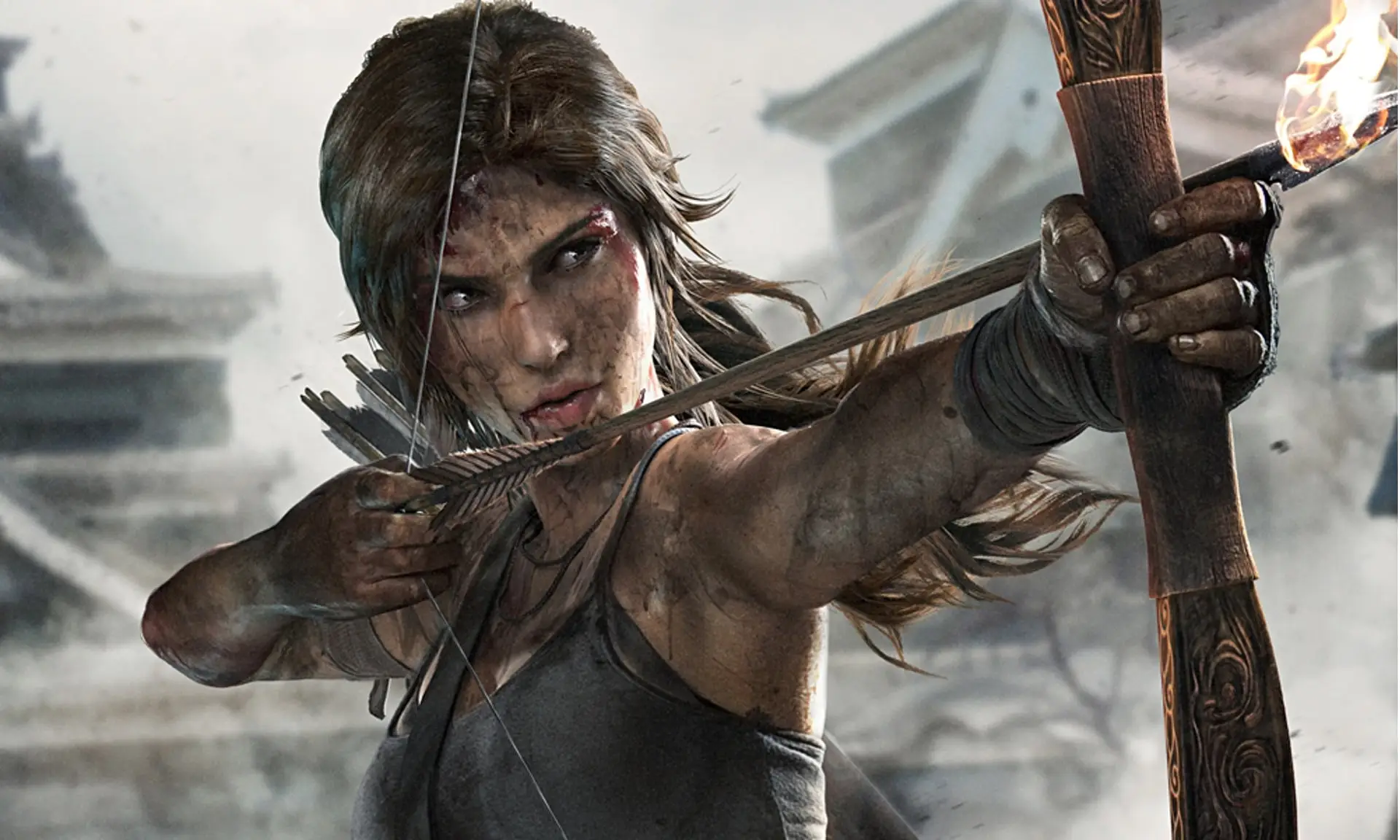Celebrating 25 years, here’s a look at the evolution of Lara Croft (Square Enix)
From Tomb Raider to Fortnite, Lara Croft, the original IT girl of the 90s, has changed the face of video games over the last three decades.
Since her debut in 1996, Lara Croft has been an undeniable force in the world of gaming. Featured in more solo PlayStation titles than any other character in the console’s history, Lara Croft is one of the most iconic female characters to ever exist.
From being rebooted in several live adaptions to having her own bottle of Lucozade called Larazade (a true honour), Lara Croft has become a cultural icon – especially for the LGBT+ community.
Taking advantage of the new 3D era of gaming, Lara Croft’s first instalment Tomb Raider (1996) was one of the first video game franchises to maintain a mature, cinematic aesthetic.
Following the archaeologist-adventurer Lara Croft to find an artefact called the Scion of Atlantis, the gameplay saw Lara navigate levels split into multiple areas, and room complexes while fighting enemies and solving puzzles to progress.
[embedded content]
Originally named Laura Cruz, Core Design animator Toby Gard based her on several influences including Indiana Jones and Tank Girl.
Conceived as part of Gard’s mission to battle the male-dominated arena of action-adventure games, Lara Croft was presented to the audience as the tough, slick heir of the aristocratic Croft family who travels the world raiding ancient tombs and hazardous ruins to retrieve items. It’s not so much archaeology, more like looting precious cultural artefacts.
Continuing to serve as an influence for many countless action games, Lara Croft’s sex appeal and gunslinger action-hero attitude made her the perfect poster girl to a generation of young gamers.
She quickly became a cultural flashpoint to the evolution of gaming. And her polygonal chest, slicked-back hair, breathy voice and bouncing curves might not have been subtle, but they did resonate with women who had long been treated as afterthoughts in the gaming world.
Suddenly, cosplayers had a fun new look to explore.
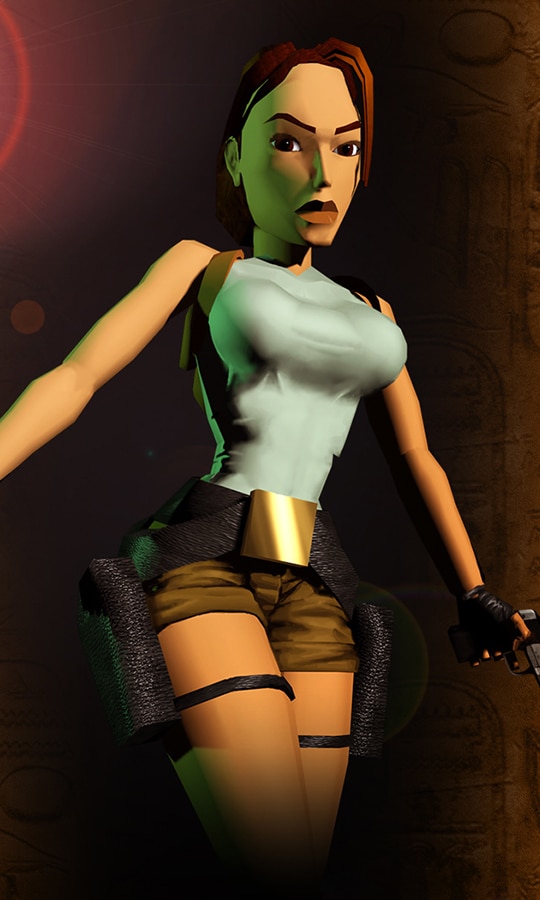
As her popularity continued to grow with the release of Tomb Raider II and III, Lara became the original cyber babe of the 90s. However, as time went on, her exaggerated proportions and attire became her main topic of discussion, with many seeing her as as a sexualised fantasy figure – very clearly designed with the male gaze in mind – rather than an appropriate leading heroine.
Unfortunately, the developers played into this view of Lara, granted the wishes of horny teen boys by featuring her half-naked on the covers of many 90s lad magazines, overly sexualising Lara and her image for profit and marketing purposes.

Rumours also circulated of an in-game nude cheat code that allowed players to remove her clothes. Gavin Rummery – who acted as one of the original Tomb Raider developers, addressed the rumours in a recent interview, saying:
“Lara was never meant to go down that route of being a sex symbol. We were constantly asked about the nonexistent nude cheat. We even riffed on it at the end of Tomb Raider II. The scene where Lara preparing for a shower where she shoots the in-game camera before it captures her disrobing was literally our response to constantly being asked things like that.
“We had a lot of lads’ mags asking those questions, and it’s like, for God’s sake, guys, she’s a computer character!”
By 1999, Core Designs had reportedly grown tired of Lara – it’s said they wanted to halt any sequels and take a break – and it’s rumoured that they even discussed beheading her at the end of the series’ fourth instalment Tomb Raider: The Last Revelation.
Instead, the game ends on a cliffhanger with Lara presumed dead at the end. Instead of Lara meeting her grisly end on camera, it concludes as a pyramid collapses around her, leaving players in the dark about her true fate.
After entering the new millennium, players started to lose interest in Miss Croft. Despite a host of new moves and sleeker graphics, the fifth instalment Tomb Raider Chronicles sold fewer than 2 million units worldwide — the worst total for a series entry up to that point.
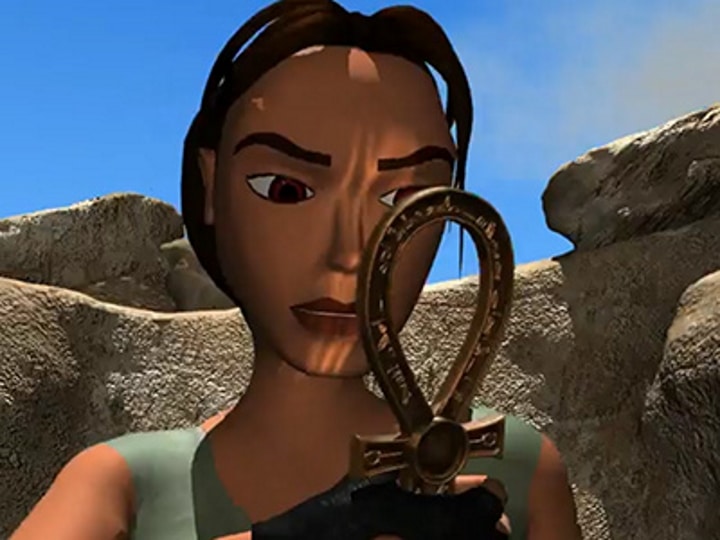
In an attempt to bring Lara back into the spotlight, Angelina Jolie arrived on the big screen for the first official live film adaption of Lara Croft: Tomb Raider. Telling EW why he personally chose Jolie to portray Lara, Director Simon West explains:
“The main reason I wanted Angelina to play the part [was] because she, especially at that time, had a great, dark reputation about her that she was quite wicked.
“She lived quite an alternative lifestyle, and she didn’t hold back her words. She spoke her mind, and she had a notorious reputation. It was quite hard for me to get her through the approval process at the studio because I wanted an actress who was going to bring something to the part, and she brought this great Angelina Jolie mythology with her as this dark, crazy, wicked woman with a very particular and interesting personality. I wanted that mythology of Angelina Jolie to fuse with Lara Croft.”
His decision paid off, with the film earning more than $274.7 million at the box office – making it the highest-ever gross for a female-fronted action picture. Despite both the lead film and its sequel The Cradle of Life being panned by critics for their senseless plots and action sequences with no emotional impact, audiences began to reinvest in Lara, making her the star of the show once again.
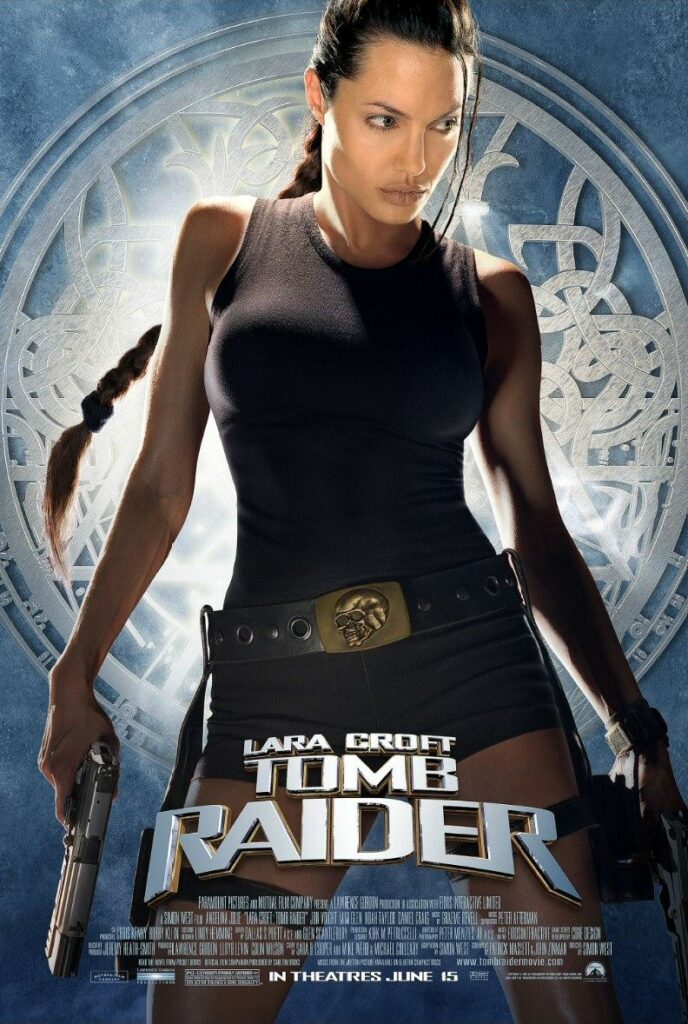
Despite the popularity of the films, the games that followed the release of the movies didn’t do that well, somewhat surprisingly.
Tomb Raider: The Angel of Darkness, Tomb Raider: Legend, and Tomb Raider: Underworld all bombed, ageing the franchise and ultimately Lara herself. Croft’s reimagined image, story, and gameplay simply didn’t work for the new audiences as her success and popularity failed to connect with the next generation of consoles and players.
However, you can’t keep a good badass adventurer down. After taking some time out of the spotlight, a revamped Lara Croft returned in 2013 with English video game writer Rhianna Pratchett (the daughter of acclaimed Discworld writer Terry) taking matters into her own hand, teaming up with Crystal Dynamics and Square Enix to bring fans the genuine reboot they’d long been waiting for.
“Classic Lara had been a playgirl with the money, gadgets, and guns to deal with any situation, jetting around the world and having these big adventures, and being very James Bond-y,” says Pratchett, whose series overhaul was simply titled, Tomb Raider.
Reintroducing Lara as a younger, tenacious, brave and curious adventurer, the reboot was a success and even spawned two follow-ups – one in 2015 named Rise of the Tomb Raider and the other in 2018 called Shadow of the Tomb Raider.
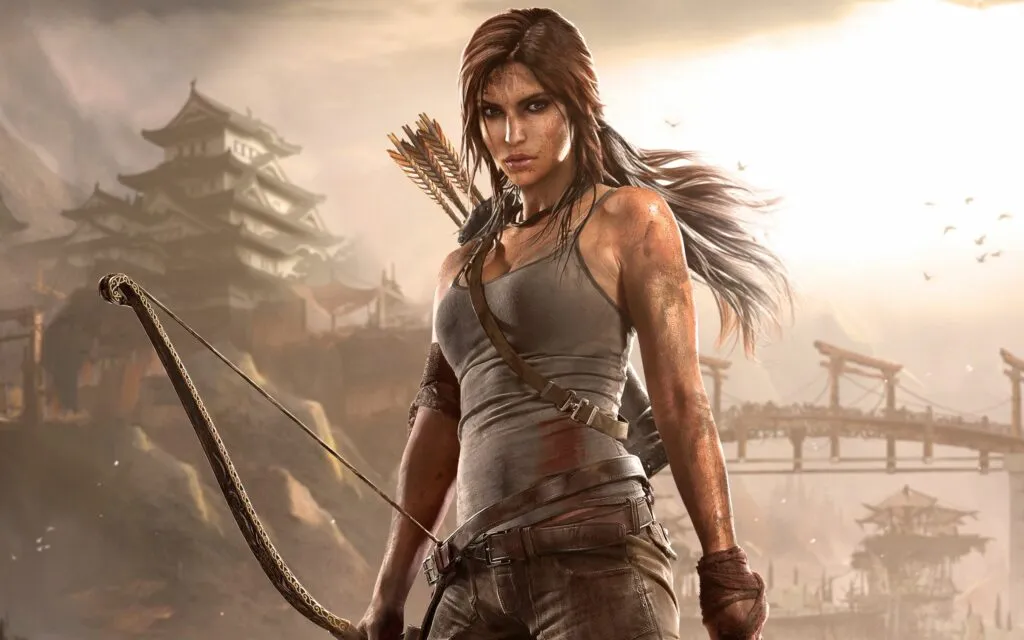
The 2013 reboot also had welcome queer undertones. Tomb Raider was all about survival, with a youthful Lara stranged after a shipwreck with no one around to help except for Samantha. Her need to keep Samantha safe drove the game’s narrative, leading some fans to speculate that they shared more than just friendship thanks to the lingering smiles and fierce loyalty they share.
Also, Rhianna Pratchett declared once that part of her “would’ve loved to make Lara gay.” Another writer tried to make the character gay, but a planned same-sex kiss was dropped. Tomb Raider: Inferno co-writer Jackson Lanzing revealed the abandoned plot point on Twitter, but declined to explain why Lara Croft’s queerness ended up on the scrap heap.
In another sign that Lara is rising again, 17 years after the release of the first film, Warner Bros. restarted the franchise with Oscar winner Alicia Vikander as Lara Croft. Loosely basing the film on the 2013 game, fans see Lara venturing to the fictional island of Yamatai in search of her long-lost father.
With a three-year gap between the last two game instalments, Tomb Raider 4 looks like it could be released this year in order to tie in with the franchise’s 25th anniversary. Looking to unify the timelines from the original Tomb Raider games, hopefully, her next adventure will only further her legacy as a seasoned and confident adventurer.
